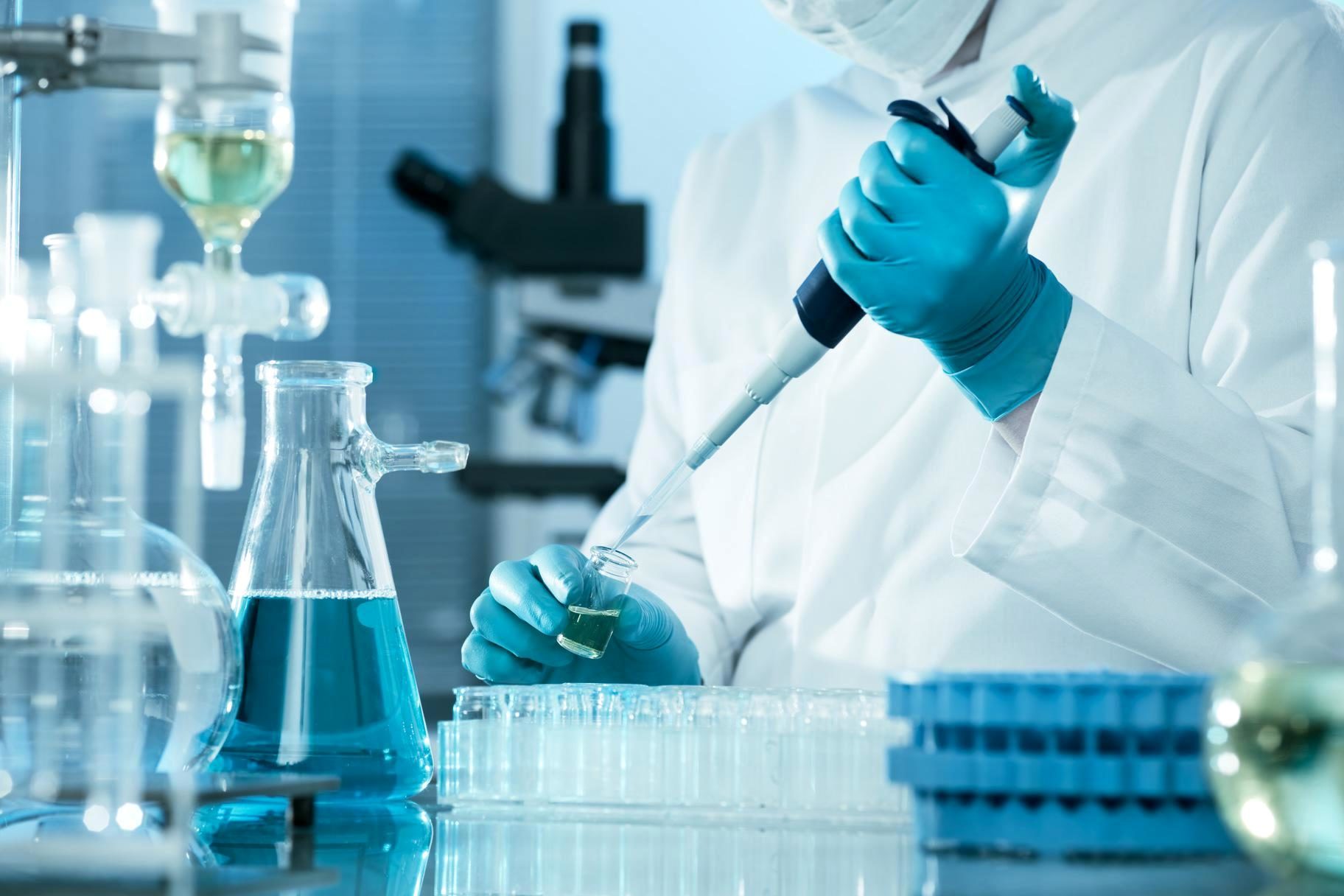IEC 60068 2 78 Damp Heat Chemical Safety Testing
The IEC 60068-2-78 standard specifies damp heat tests intended to evaluate the resistance of materials, components, or assemblies to environmental conditions. This testing is crucial in the automotive sector where reliability and durability are paramount. The test simulates a scenario where products might be exposed to high humidity and elevated temperatures for extended periods.
This particular test is particularly relevant when assessing the chemical safety and stability of materials used in automotive components that may come into contact with moisture or corrosive substances. For instance, rubber seals, plastics, and coatings are often tested under these conditions to ensure they do not degrade or release harmful chemicals during prolonged exposure.
The procedure involves placing specimens in a controlled environment chamber where the temperature is maintained at 85°C ±2°C and the relative humidity is kept at 85% RH ±3%. The test duration can vary from 168 hours (7 days) to 42 days, depending on the material's expected exposure time. After the test period, specimens are inspected for signs of deterioration such as discoloration, cracking, or loss of adhesion.
For R&D engineers and quality managers involved in developing automotive parts that need to comply with international standards, IEC 60068-2-78 is a critical tool. It helps ensure that the materials used do not only meet current regulations but also perform consistently under real-world conditions. Compliance officers can leverage this testing to avoid non-compliance issues and potential recalls.
During specimen preparation, it's essential to accurately represent the material in its intended use. This might involve cutting samples from production runs or using specific shapes and sizes that mimic actual parts. The test results are then used for quality assurance and improvement processes, ensuring consistent product reliability throughout manufacturing batches.
| Test Conditions | Time Frame |
|---|---|
| Temperature | 85°C ±2°C |
| Humidity | 85% RH ±3% |
| Duration | 168 hours to 42 days |
The test results are typically documented in a detailed report that includes before and after images of the specimens, any observed changes, and compliance with relevant standards. This documentation is invaluable for regulatory submissions and internal quality control processes.
Scope and Methodology
- The test involves placing specimens in an environmental chamber set to 85°C ±2°C and 85% RH ±3%.
- Specimens are left in this environment for a duration ranging from 168 hours (7 days) up to 42 days, depending on the material's expected exposure time.
- After the test period, specimens are visually inspected for any signs of deterioration such as discoloration, cracking, or loss of adhesion.
- A detailed report is generated, including before and after images, observed changes, and compliance with relevant standards.
The methodology ensures that all parts undergo consistent testing conditions to accurately reflect real-world exposure scenarios. This consistency is crucial for ensuring accurate and reliable test results.
Eurolab Advantages
At Eurolab, we pride ourselves on providing comprehensive testing solutions tailored specifically to the automotive sector. Our state-of-the-art facilities offer precise control over environmental conditions, ensuring that each test is conducted under the exact specifications required by IEC 60068-2-78.
Our experienced team of engineers and technicians ensures that every specimen is prepared accurately according to its intended use, providing realistic simulation of actual operational conditions. This approach not only enhances the accuracy of our testing but also contributes significantly to product reliability and safety.
We offer flexible test durations ranging from 168 hours up to 42 days, allowing for thorough evaluation of materials under various exposure times. Our detailed reporting ensures that every aspect of the test is clearly documented, providing valuable insights into material performance.
Why Choose This Test
- Ensure compliance with international standards such as IEC 60068-2-78.
- Evaluate long-term durability and chemical stability of automotive components.
- Identify potential material degradation or release of harmful chemicals under real-world conditions.
- Support R&D efforts by providing accurate data on materials' performance in humid environments.
- Avoid non-compliance issues and potential product recalls.
- Enhance quality assurance processes through consistent and reliable test results.
- Gain valuable insights into material behavior for continuous improvement of products.
The IEC 60068-2-78 damp heat chemical safety testing is an essential tool in the automotive industry, providing critical data to ensure product reliability and compliance. By choosing this test, companies can safeguard their reputation and ensure they meet all regulatory requirements.





